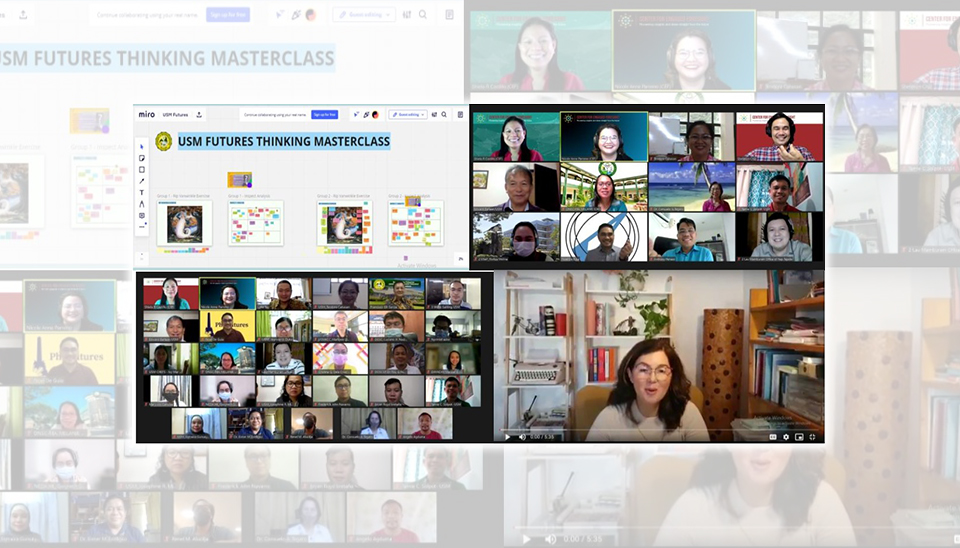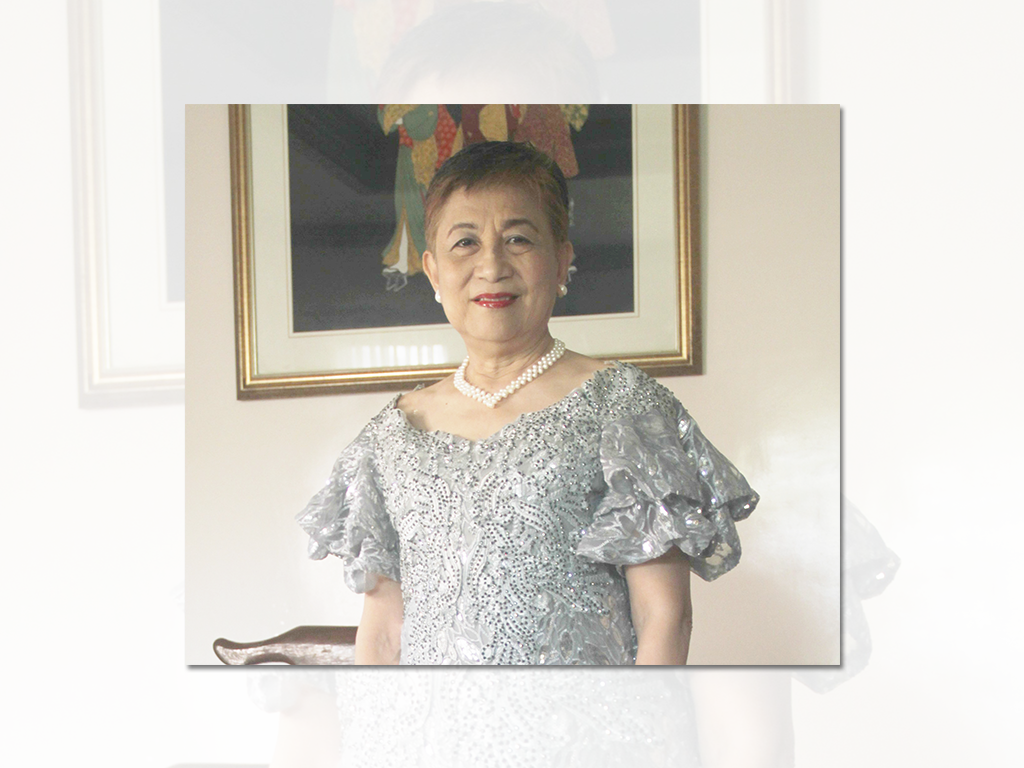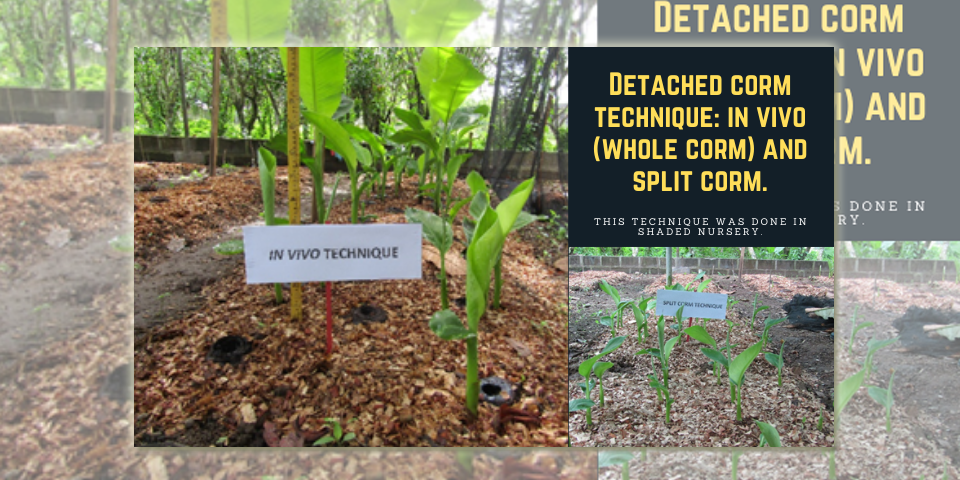
USM Embarks on Futures Thinking Program
June 15, 2021
Retired USM Professor chairs PRC Board of Agriculture
June 24, 2021
Full-time researcher Nenita E. Olero, Agriculture faculty Dr. Ariston D. Calvo (retired), and Dr. Ardniel A. Baladjay tested developed a novel technique of banana (lakatan) propagation. Because the technique requires only simple tools and can be carried out in a shed or field, it can be utilized even by farmers with limited resources.
Smallholder farmers typically do not have the capability to purchase plantlets derived from tissue culture. Hence, they usually depend on suckers for banana propagation. The problem is pests and disease limit the productivity of banana plantations. It would be beneficial to farmers if they have access to technology that can increase the quantity and quality of their outputs.
The USM team developed two methods which they tested through field trials. The first involved some form of decapitation of a healthy banana plant to produce 3-6 suckers within three weeks. The second technique involved the planting of banana corms with the middle portion removed. Through this technique, three to seven shoots can be expected to emerge from just one planting material. These techniques have the potential to maximize each banana sucker so that it can produce up to 16 mature plants.


Farmers have been very receptive of these macro-propagation techniques. Farmers from North Cotabato attended a training in the USM Extension Conference Room, and a hands-on training in the USMARC grounds. The USM research team also visited farmers in Barangay Imamaling to share the planting techniques. Follow-up activities to determine and address issues that may have arose are now being planned.
An IEC material on the detailed procedure for the team’s banana macro-propagation technique is now copyrighted, and will be disseminated. Interested parties may visit Dr. Baladjay at the College of Agriculture Extension Office or Dr. Mary Joy Cañolas of the University Extension Office to learn more information.
